Chief Economist and Senior Partner at SPM Professionals, Dr Paul Alaje, has stated that given the present economic realities in Nigeria, workers deserve an increase of their minimum wage but the government should also prepare to deal with inflationary effect that might follow after it has been implemented.
Organised labour has been agitating for an increase of minimum wage due to current high cost of things in the country. The labour unions had proposed N615,000 as living wage for Nigerian workers and later came down to N494,000, however, at the last meeting of the tripartite committee set up for the purpose, the Federal Government proposed N60,000 minimum wage moving up from N48,000 it earlier proposed.
Join our WhatsApp ChannelREAD ALSO: Minimum Wage Debate: NECA Warns Labour Union Of Business Collapse Over N400,000 Demand
As the meeting did not yield any fruitful result, the Nigeria Labour Congress (NLC) and the Trade Union Congress (TUC) embarked on an indefinite nationwide strike on Monday, grounding all socioeconomic activities across the country. This forced the Federal Government to call for another round of negotiation on Monday evening.
As both parties round off their talks at the State House Abuja, Alaje advised that based on current economic realities, they should consider from N100,000 to N250,000 range. He however, expressed concern that state governments would bear the burden more.
“Worst time to have a strike, and it is also a worst time to pay less than 150,000,” Alaje stated in a post on his X handle.
“I pity state governments. The party is over! Humongous revenue will disappear. There is no shortcut to real revenue generation and IGR.
“Both parties should be realistic. N100,000 to N250,000 will be a range to consider. However, note that inflation will follow. More trouble for the economy! Tradeoffs everywhere,” he noted.
Also contributing to the minimum wage debate, Senator Shehu Sani, said Nigerian workers have every right to demand wage increase and even go on strike to press home their demand but the proposal of N494,000 as minimum wage by organised labour is not feasible given the status of the economy.
The Senator urged the Federal Government and labour union leaders to “agree on a reasonable ground that can be sustained by the economy.”
“The submission of the Private sector and the possible impact of that on the lives of ‘wageless’ Nigerians should be taken into consideration,” Sani added via a post on his X handle on Monday.
Some analysts have also averred that increasing minimum wage is not an effective strategy to bring economic relief to the people but adopting policies to deal with issues driving inflation in the country such as high exchange rate, insecurity that disrupts agricultural production, and boosting local production of petroleum products among other issues.
Victor Ezeja is a passionate journalist with six years of experience writing on economy, politics and energy. He holds a Masters degree in Mass Communication.

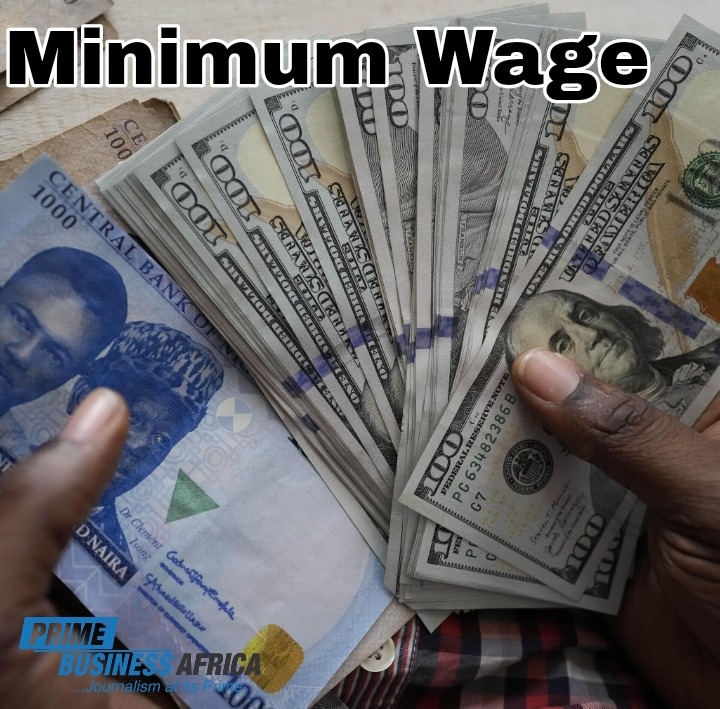




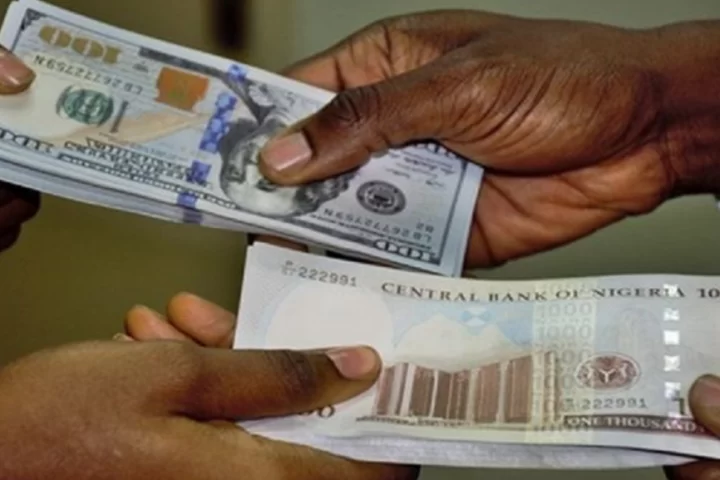




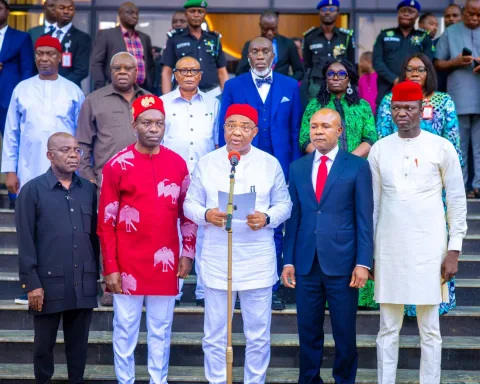




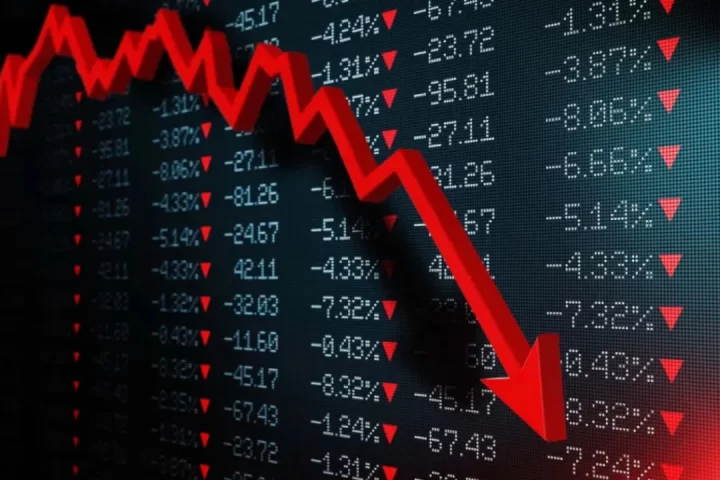
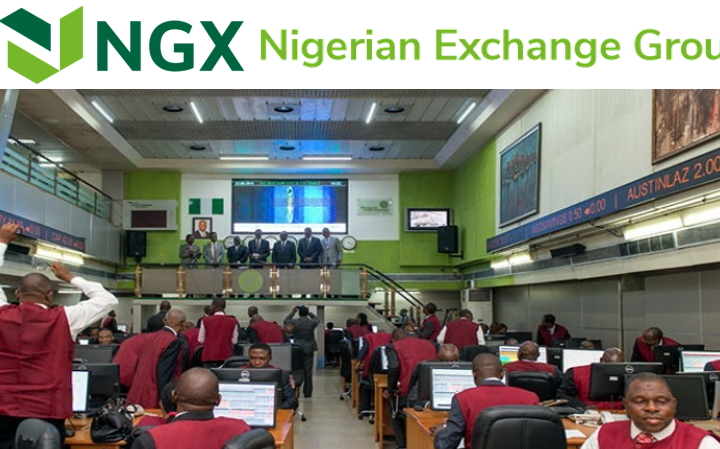

Follow Us